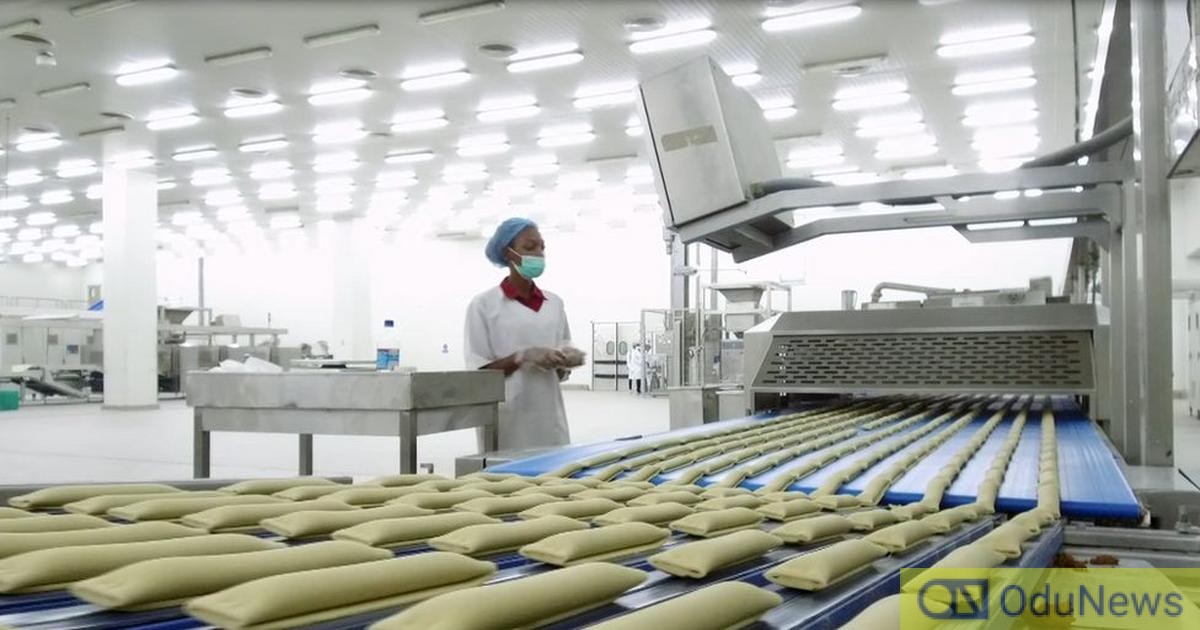The Manufacturers Association of Nigeria (MAN) says the forex crisis in the country has shot the price of production of goods above 30%.

The association stated that the scarcity of foreign exchange and currency depreciation is now showing that many businesses have suffered a serious dislocation.
The Director-General of MAN, Segun Ajayi-Kadir, noted that these have severely affected businesses across all sectors of the economy, mostly in the sector.
Ajayi-Kadir pointed out that the costs of operation and production which are now between 30 and 100 per cent as a result of the exchange rate crisis in the country, translate that the productive arm of the economy is only operating on the handbrake.
According to him, the straits in the country’s forex market have also invariably affected output in many industries because of the challenges of accessing raw materials. He stated that many players in the economy now resort to the patronage of the parallel market at a very prohibitive cost, as very little access exists to the official window.
“The sharp depreciation of the exchange rate and the parallel market which is over 300 per cent has worsened the profitability of investments. The capacity to retain employment and the capacity to create new jobs have been greatly endangered because of the foreign exchange crisis.
“The dysfunctional foreign exchange policy has negatively impacted Foreign Direct Investment, Foreign Portfolio Investment as well as other capital inflows into the country. The multiple exchange rates and the huge parallel market premium in the forex market remain major downside risks to investment growth and the attraction of foreign capital into the economy. This has continued to weaken the supply side of the foreign exchange market.”
The industrialist stressed that it has been difficult for many local manufacturers due to the forex squeeze and this is taking a huge toll on them in terms of competing with their counterparts in the neighbouring countries with the AfCFTA agreement around the corner.
On the sharp decline in capital importation in recent years, Ajayi-Kadir pointed out that the inability of foreign investors to repatriate their profits and dividends as well as incomes has created reputational and country risk issues for the economy, adding that all of these have been responsible for the sharp decline in the capital importation in recent years.
He noted that implications of the foreign exchange crisis for the investors were the high cost of production because of the high import dependence of our manufacturing sector on imported raw materials, high operating costs across businesses in practically all sectors of the economy, low sales and turnover because of the increase in price and effect on demand, erosion of profit margins because not all the additional costs can be passed on to consumers and more.
He affirmed that the acute foreign exchange scarcity has continued to impact businesses as it makes planning difficult because of the uncertainty; profits, income or dividend repatriation by foreign investors has become difficult; creating huge backlogs; compels investors to patronise the parallel market at a more prohibitive exchange rate. “Patronage of the parallel market creates compliance and regulatory issues for investors, capacity utilisation is impacted when access to forex is constrained, poses a risk to business continuity.”
Dr Muda Yusuf, Chief Executive Officer, Centre for the Promotion of Private Enterprise (CPPE), noted that the fiscal outlook is clouded by elevated downside risks in the near term, driven largely by the huge burden of financing petrol subsidy, fiscal leakages and unsustainable public debt trajectory. The outlook poses significant risks to macroeconomic stability amid heightened inflationary pressures, depreciating currency and increasing exchange rate volatility.


Comments are closed.